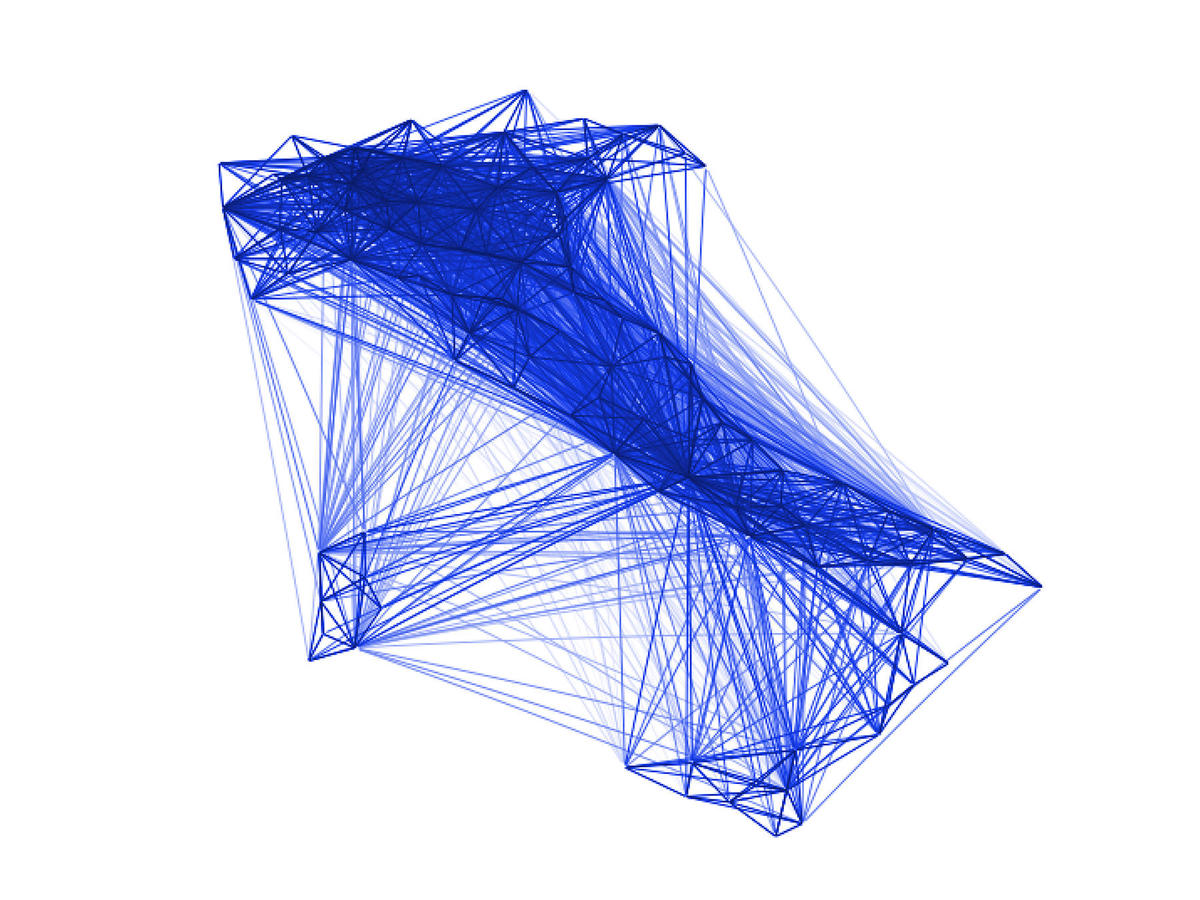0%

An example aggregated data set that shows the co-location patterns of anonymity Facebook users in Italy. Photo: Facebook
CALIFORNIA: Facebook has launched a set of tools that use anonymized location data collected from users in a bid to help researchers better understand where the coronavirus outbreak could spread next and the effectiveness of social distancing measures.
The new tools, collectively called Disease Prevention Maps, are three separate aggregated datasets that provide information on how people move and interact with each other.
Facebook’s decision to provide anonymized data for the COVID-19 prevention cause follows Google announcing a similar effort last week.
Facebook’s new tools use data on population movements and connectedness to help researchers identify trends and patterns regarding coronavirus.
“Facebook Disease Prevention Maps are designed to help public health organizations close gaps in understanding where people live, how people are moving, and the state of their cellular connectivity, in order to improve the effectiveness of health campaigns and epidemic response,” Facebook said.
One dataset shows the probability that people in one area would come into contact with people in another area. According to Facebook, this could help forecast to researchers where COVID-19 cases may appear next.
This dataset was created with the aim of providing insight into whether social distancing measures have been effective.
The third dataset, called the “social connectedness index”, shows friendships across states and countries. Facebook built this dataset on the logic that people who know each other are more likely to infect each other.
“As governments seek to use data in new ways to get ahead of this outbreak, it is important that we maintain our privacy principles and have clear policies for these kinds of use,” Facebook CEO Mark Zuckerberg said.
The datasets are only available to researchers that have partnered with Facebook.
(with inputs from Agencies)